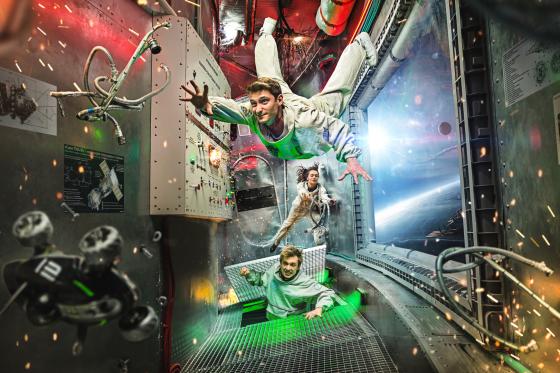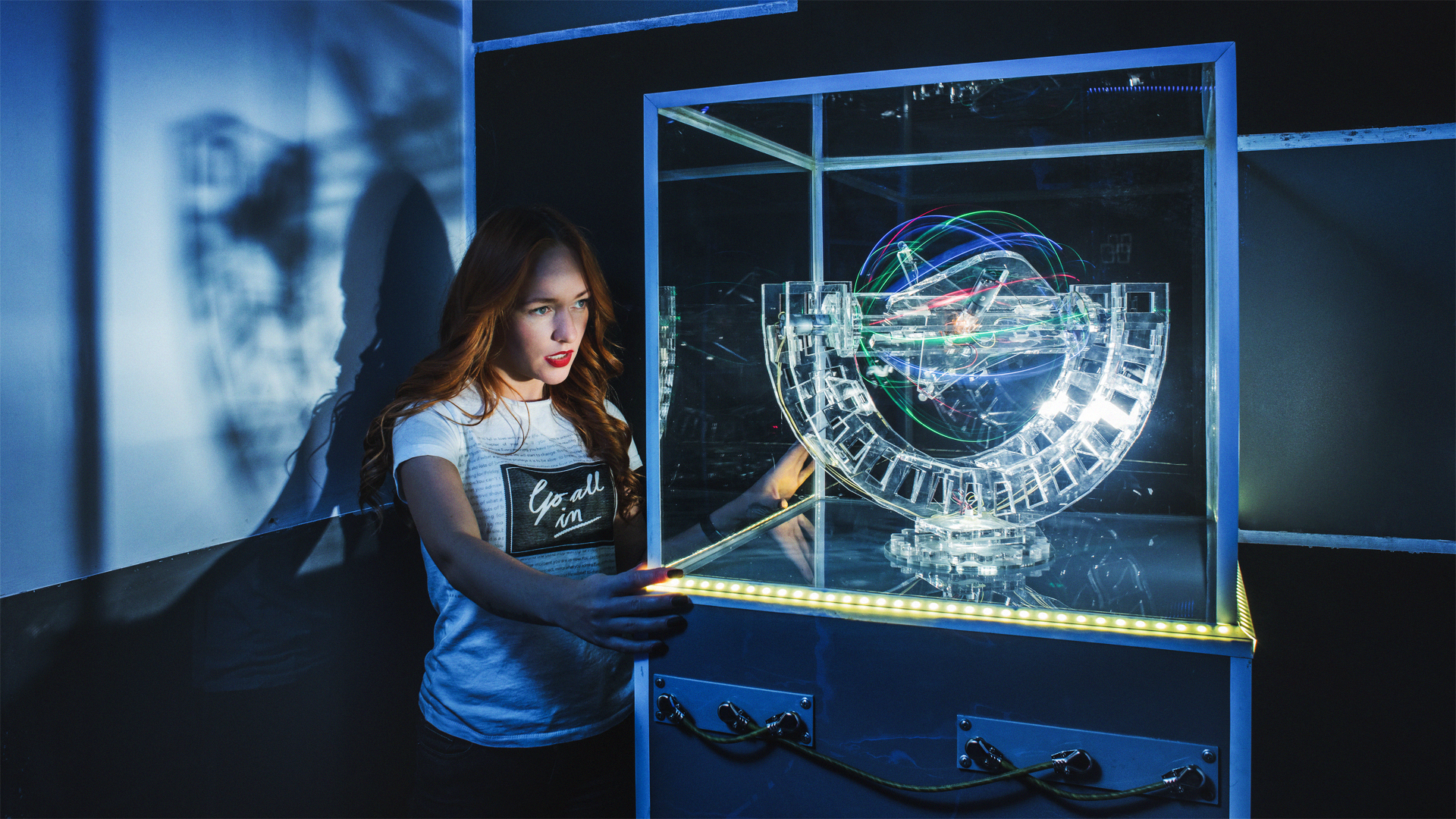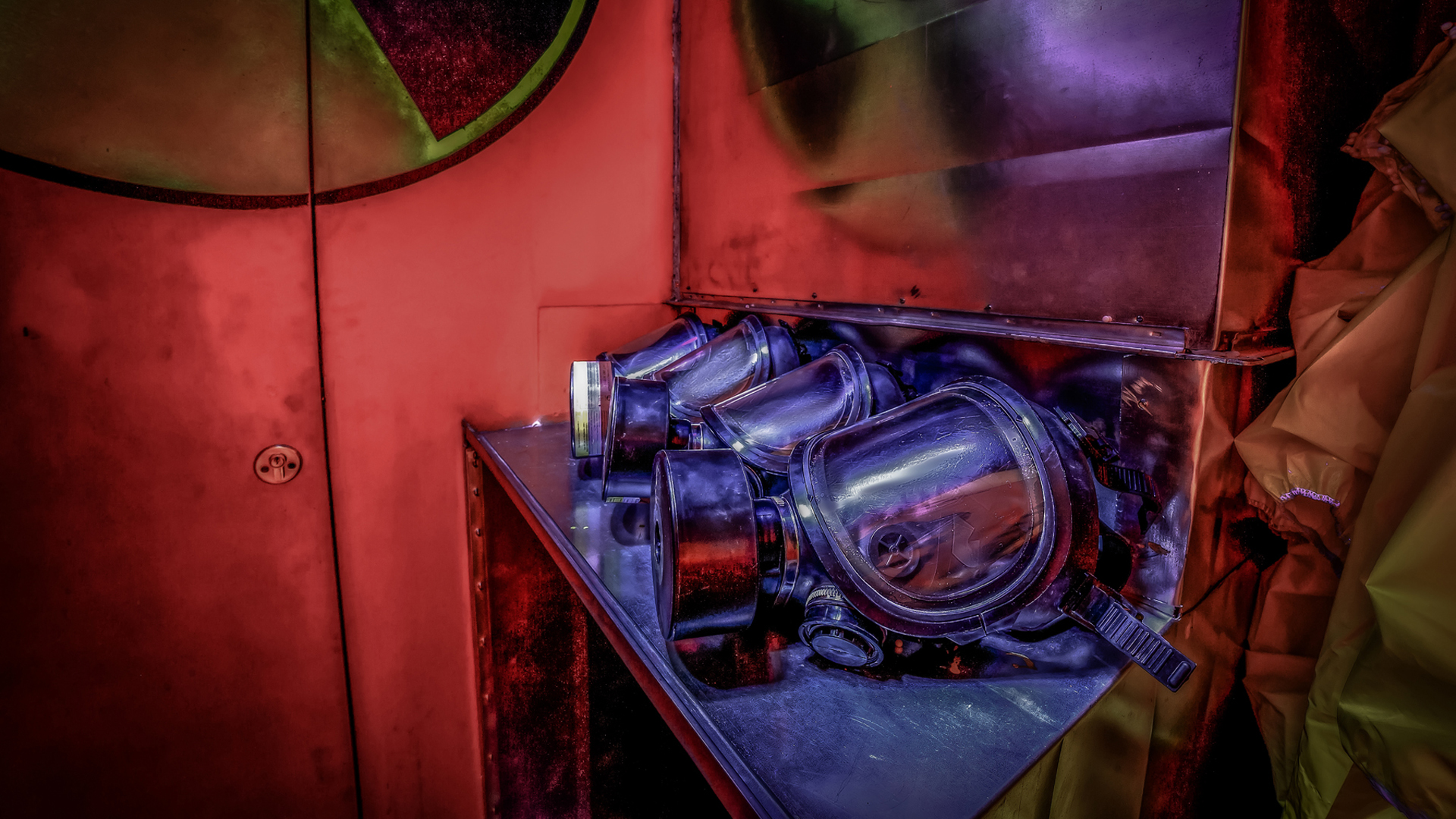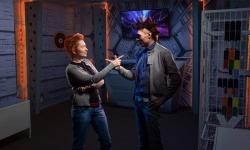Escape Room: Entertainment or Training for the Brain?

Escape rooms provide a diverse experience for the players, as the exhilarating activities boost different emotions. However, it’s not only about feelings or having fun. Various brain activities are also in the process. For example, you will need to look for the answers to the riddles and communicate and cooperate within the team to find answers to the questions. Let’s find out if escape rooms are for entertainment only or if you can use them to enhance some of your hard and soft skills.
Why Escape Rooms Are Entertaining
Escape rooms provide a highly immersive environment that puts participants into a different world or scenario. The carefully designed themes, settings, and storylines create a sense of adventure and excitement. Engaging with intricately designed puzzles, clues, and challenges keeps players actively involved, providing an enjoyable experience.
Why Escape Rooms Are Good for Your Brain
Escape rooms promote a great choice for families, groups of people, or sometimes even strangers to delve into a great, complex gaming activity. However, it’s not only about fun. Many riddles require a huge amount of effort, thinking processes, and creativity. Here are why escape rooms can be a great alternative to some challenges.
- First of all, escape rooms promote team building. It’s a soft skill critical for establishing connections and challenging new horizons.
- The second reason to use escape rooms is collaboration practices. It’s mostly a group game, making it a great chance to develop group connections and bounds.
- The third advantage is intellectual stimulation. You will find yourself solving various puzzles and riddles.
Challenges add excitement and keep participants hooked, providing a mentally stimulating and fun-filled adventure. It’s both great to take part in the initiatives to have fun and train your brain with critical thinking and problem-solving.






